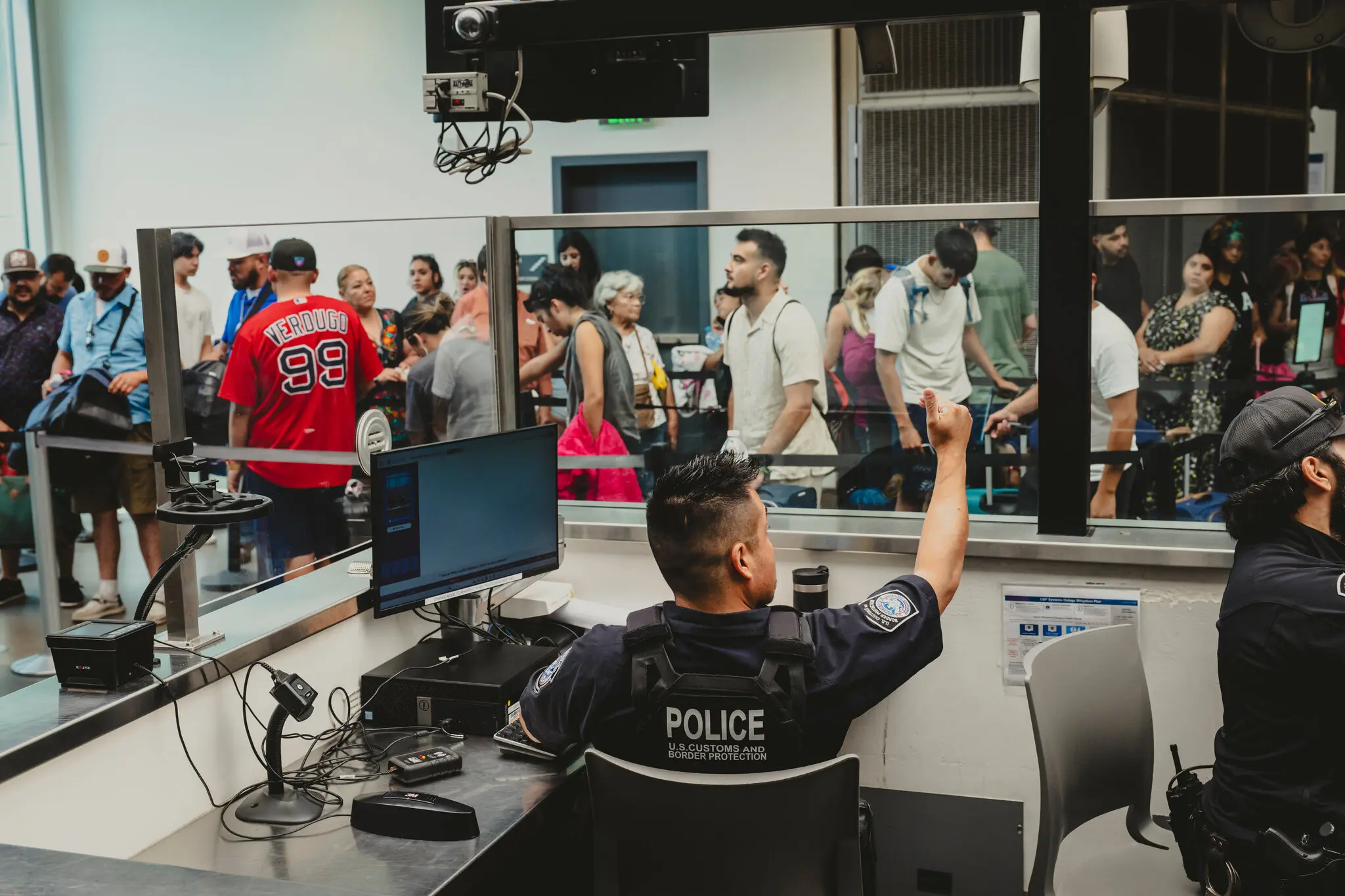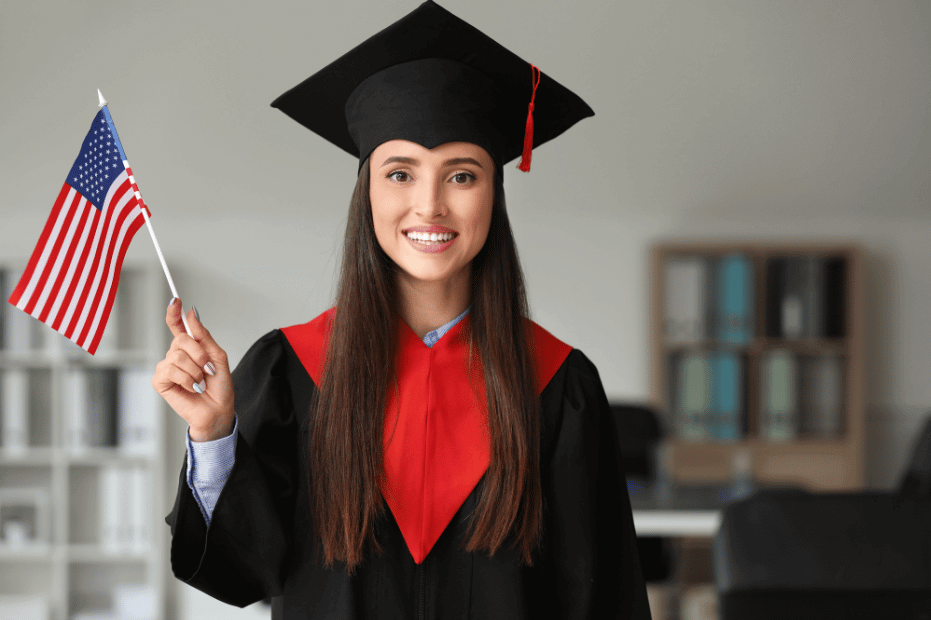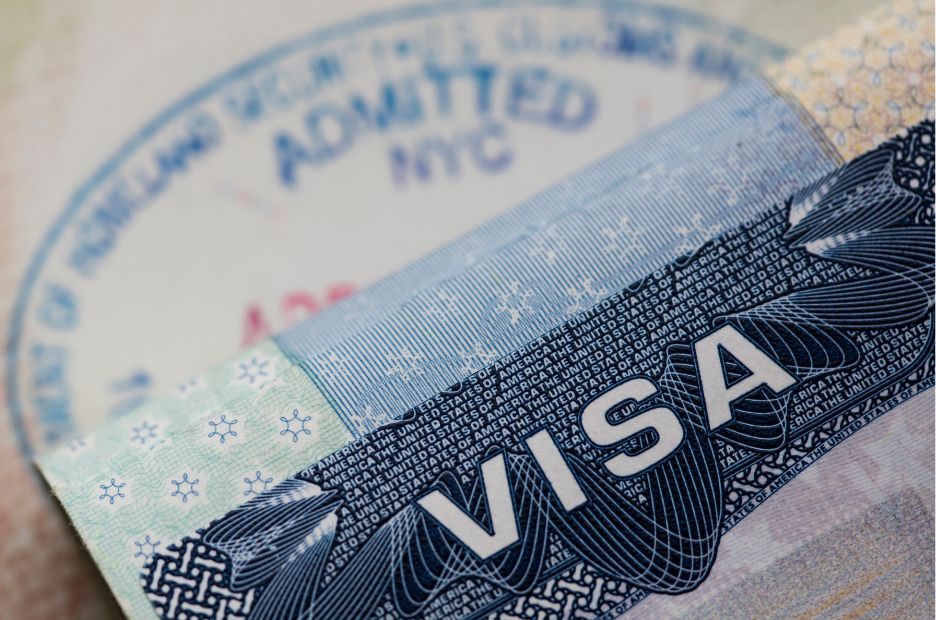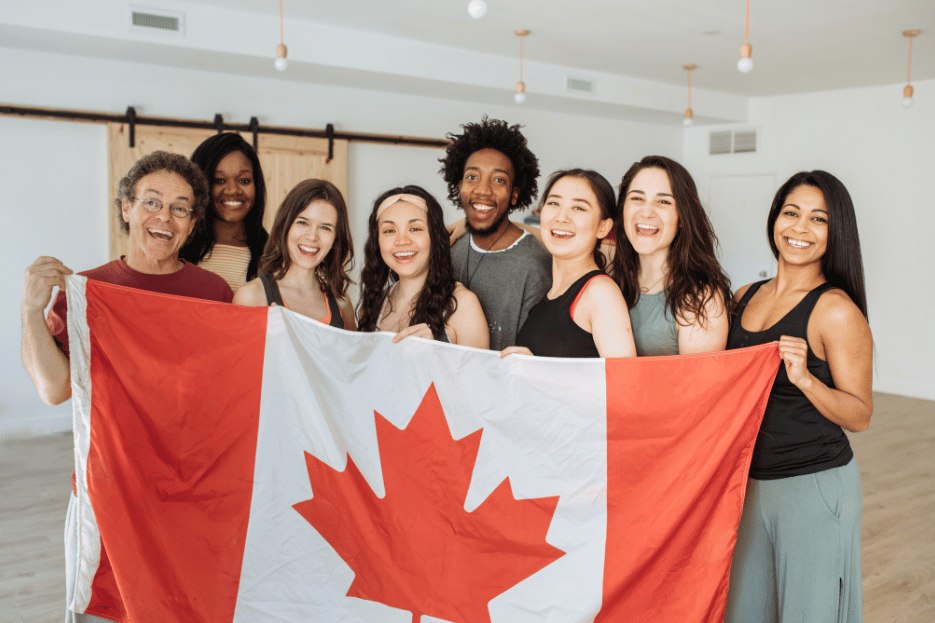
U.S. Student Visa Interview Restrictions: What International Students Should Know
Understanding U.S. Student Visa Interview Restrictions
In late May 2025, the U.S. government has temporarily paused new student visa interviews for F-1 (academic), M-1 (vocational), and J-1 (exchange) applicants. This change came after Secretary of State Marco Rubio asked U.S. embassies and consulates to pause new visa appointments.
This pause is part of a larger plan to improve how visa applicants are screened. One key change involves reviewing applicants’ social media activity more carefully. Officers may save posts they believe are concerning, even if those posts have been deleted.
While these updates may sound alarming, there’s no need to panic. If your visa interview is already scheduled, it will still go ahead as planned. The U.S. continues to value international students, and many universities, colleges, and language schools are offering flexible support and start dates due to the delays.
Who This Affects and When
The U.S. student visa interview restrictions only affect students who have not yet scheduled their visa interviews as of May 27, 2025. If your appointment is already confirmed—even if it’s weeks away—you’re not affected. You should still attend your appointment as planned.
Most students apply for visas about one to two months before their programs begin. Because of that, the current pause may not affect those starting in July or August, unless the delay continues into late June.
This change is expected to be temporary. Once the new screening process is in place, embassies will resume scheduling interviews.
For now, stay informed through your embassy and school. They will help guide your next steps.
Why Is the U.S. Investigating Social Media?
While this might feel invasive, it’s not new. Social media reviews began in 2019, but now the process is becoming more common and consistent in all U.S. embassies.
The increased focus on social media screening is part of the U.S. government’s efforts to strengthen national security and improve background checks for visa applicants.
In recent years, immigration officials have started checking online activity to better understand who is applying. By reviewing social media accounts, they aim to:
- Confirm applicant’s identity and intent
- Spot differences between social media posts and the visa application
- Detect potential security risks or links to harmful organizations
- Look for signs of concerning behavior
If you’re using social media responsibly, there’s no reason to worry. It’s simply one more layer in the review process. Just make sure your public posts match the details in your visa application and reflect who you are.
Why International Students Still Matter in the U.S.
International students do much more than attend classes—they help fuel the U.S. economy and drive innovation. According to NAFSA, they added $40.1 billion to the U.S. economy during the 2023–2024 academic year. Their presence also supported over 378,000 jobs in areas like housing, transportation, dining, and health care. States such as California, New York, and Texas saw the biggest economic gains, showing just how important international students are to communities nationwide.
In addition to boosting local economies, international students also play a major role in science and technology. According to FWD.us, they make up 70% of full-time graduate students in STEM fields like computer science and electrical engineering. At many top universities, most PhD students in these areas are from other countries. After graduation, many stay in the U.S. through Optional Practical Training (OPT) to apply their skills in industries that need innovation and technical talent.
From large cities to small towns, one thing is clear: international students are valued and welcome in the United States.
Tips During U.S. Student Visa Interview Restrictions
If you’re planning to study in the U.S., the recent pause on visa interviews may feel stressful—but with the right steps, you can stay informed, confident, and ready.
Here’s what matters most:
- Stay Updated
Check your embassy or consulate’s website often. Also follow your school’s international office for the latest news. - Keep in Touch with Your School
Your international office can guide you, help with paperwork, and support your individual situation. - Double-Check Your Records
Make sure your SEVIS record and visa documents are correct and up to date. - Use Social Media Wisely
Keep things respectful and consistent with your visa application. When in doubt, ask your advisor. - Save Important Documents
Keep copies of your visa, I-20, passport, and school letters in one safe place. - Know Your Rights
Understand what you’re allowed to do under your visa. Ask for help if something is unclear. - Get Legal Help If Needed
If you have concerns, talk to a school advisor or immigration lawyer before making big decisions.
Staying prepared and connected will help you handle any changes with confidence and keep your U.S. study plans on track.
SHARE















